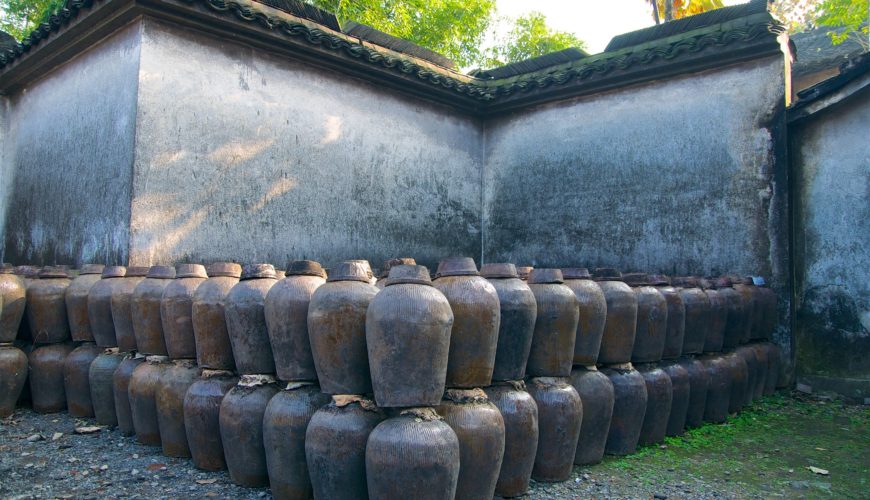The impact of CEOs at a global level is valued in the billions of dollars. As a leader, understanding what drives you, and what derails you, has great benefits. Great leadership is a choice between Power and Influence, and growing influence starts with a leader’s sense of self-awareness and ability to manage themselves effectively.
*According to Ron Carucci, leaders (who are) mindful of their own flagging tenacity dig deeper and redouble their efforts to push ahead, inspiring those around them to do the same. He said that “Adversity in organizational life, sometimes the result of major change, sometimes the provocateur of it, is a way of life today. Leaders need higher levels of resilience in constant reserve to weather this new normal. Those leaders with strong self-knowledge — who have a clear understanding of their skills and shortcomings, their frustrations, and their core principles — are more likely to sustain those needed reserves of resilience to thrive through adversity and change.”
Global Multinational CEO’s know that:
- Disruption is no longer just a catch phrase
- There are business realities that they know about, that keep them up at night
- And some stay awake concerned about what they don’t know
CEO’s, therefore, face a number of challenges and this in itself requires resilience and ability to effectively handle and manage stress. Job stress is costly. According to the American Institute of stress, stress carries a price tag for the U.S. industry estimated at over $300 billion annually. Stress is a huge determining factor in our health, happiness, and productivity.
Management of stress is crucial in effective self-management and essential for leadership transformation.
Wuzhen, a small town located in the northern Zhejiang Province of China, is known as the Venice of the East and produces a refreshing and heady rice wine. The town was built along ancient canals and is known for its winemaking feats in ancient times. Wuzhen had more than 20 wineries during the Ming Dynasty (1368-1644), but only one has survived to this day. San Bai Rice Wine is popular for its rich flavor and refreshing fragrance. San Bai, which literally means “three whites,” refers to the ingredients used for winemaking: rice, water, and jiuqu (a culture of yeast and bacteria). The rice is soaked, cooked and then cooled. The yeast gets added, and the fermentation process starts. Although some of the by-products are initially used for a sweet dessert, it will take up to three years of storage in pots for the rice wine to fully come to its fore.
The transformation from rice to wine is an art. This ancient and manual operation ensures that no one pot of rice wine is ever exactly the same. As one of the elderly winemakers Shen Jinchao says “ Why this barrel tastes different from that one and why this gets ripe sooner than that one, these questions are always in my head.”
The process of dealing with stress could be compared to this ancient art of wine making. Yeast and bacteria are added to the pot of rice and water and left to ferment. Our day-to-day lives are filled with stressors, which potentially could leave us to ferment and fizzle. Do we allow these factors to cause us to pop or do we use them to our advantage and create a beautifully mature wine in the process?
Is it possible to transform stress from a negative experience to something positive? How do we turn stress into an opportunity rather than a debilitating feeling? Is it possible to think that external stressors are not the real cause of stress, but rather our internal belief and attitude about stress?
This will require a whole new thought pattern. We shed our victim attitude for one of understanding, investigating and questioning. We need to access the alchemy or transformation of stress and think about it in a completely different way. There are 5 key principles that will support this new thought pattern, and we are required to develop skills in this regard to transformation and change:
- Understanding change – how we cope and our ability to embrace change.
- Power of our thoughts – what we think is what we become.
- Meditation practices – develop and train the mind.
- Being mindful – being present and being non-judgmental.
- Being compassionate – a building block for mindful leadership and happiness.
Transforming stress through the understanding of change, thoughts, meditation, mindfulness, and compassion is required on two levels. Firstly, there are the outward behaviors and responses to stressors that require change. Do we fight, take flight or freeze? Or do we respond in a productive and positive way? This is the external or conscious change. Secondly, there is internal transformation required. This is our attitude and belief system. This is where permanent change and transformation takes place – the way in which we approach life.
According to the ancient San Bai Rice Wine making process, the ingredients and process are always the same. How the wine matures, how it ferments and what it ultimately tastes like is up to the skill of the wine-maker and his ability to use the transformation process to create a highly sought after wine. Similarly, stress provides us with a powerful catalyst.
How do you choose to make your wine?
*Ron Carucci – The Better You Know Yourself, the More Resilient You’ll Be (HBR September 2017)

